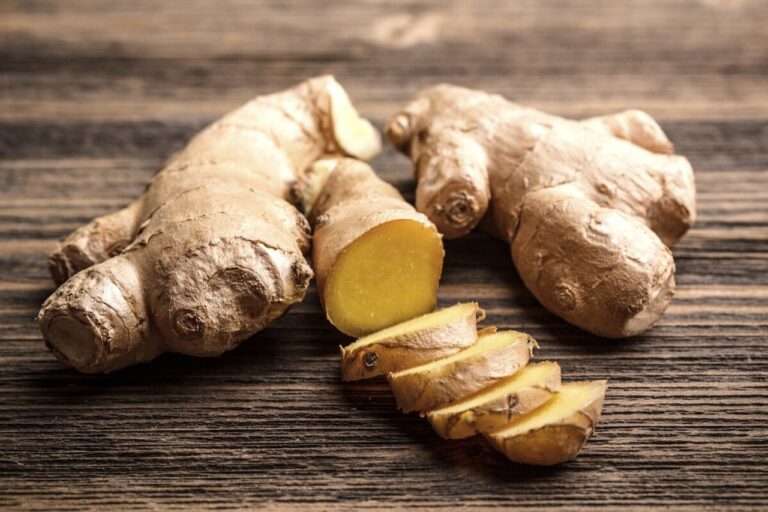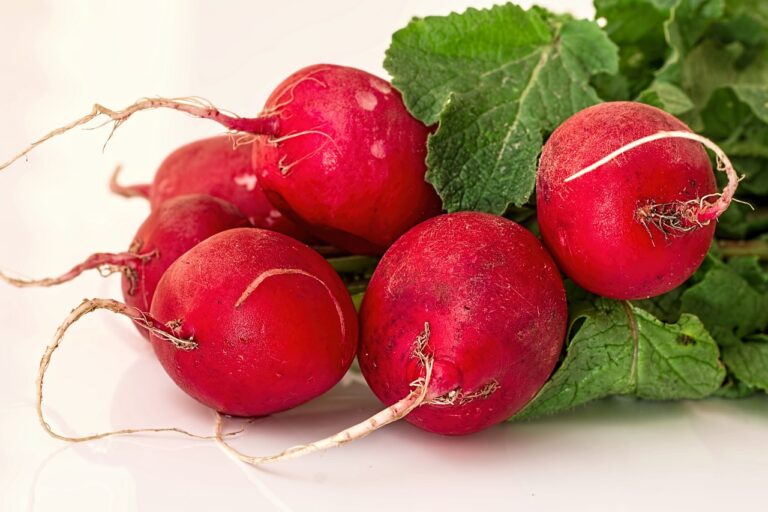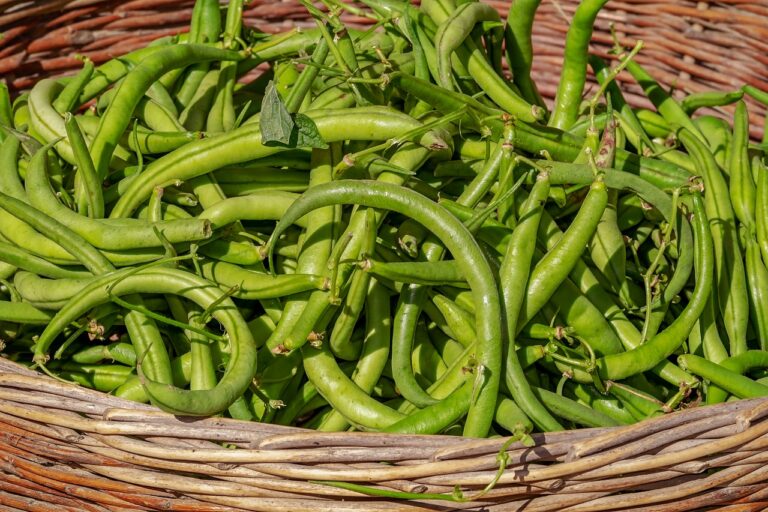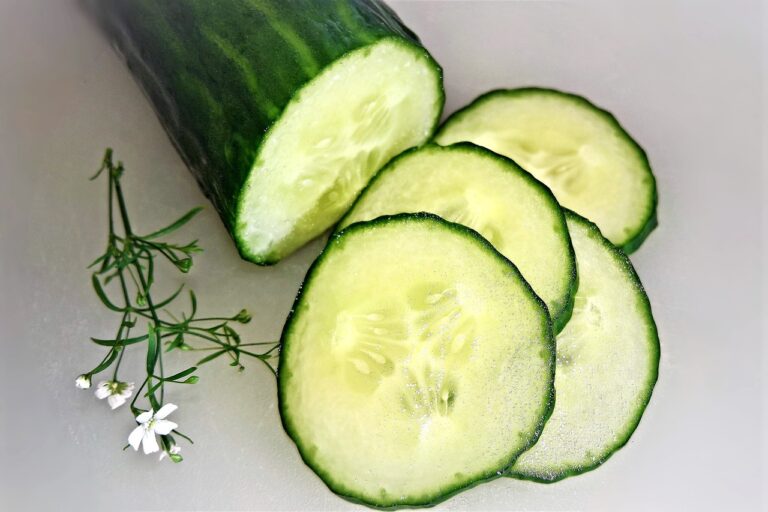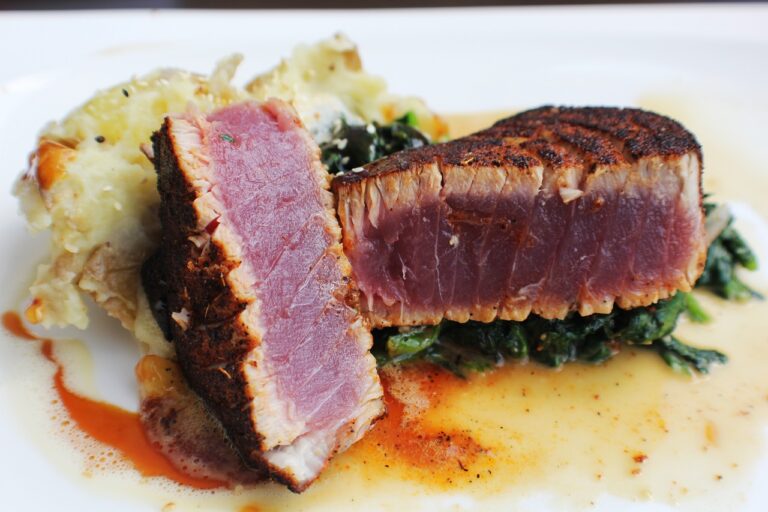10 Reasons Why You Are Craving Crab
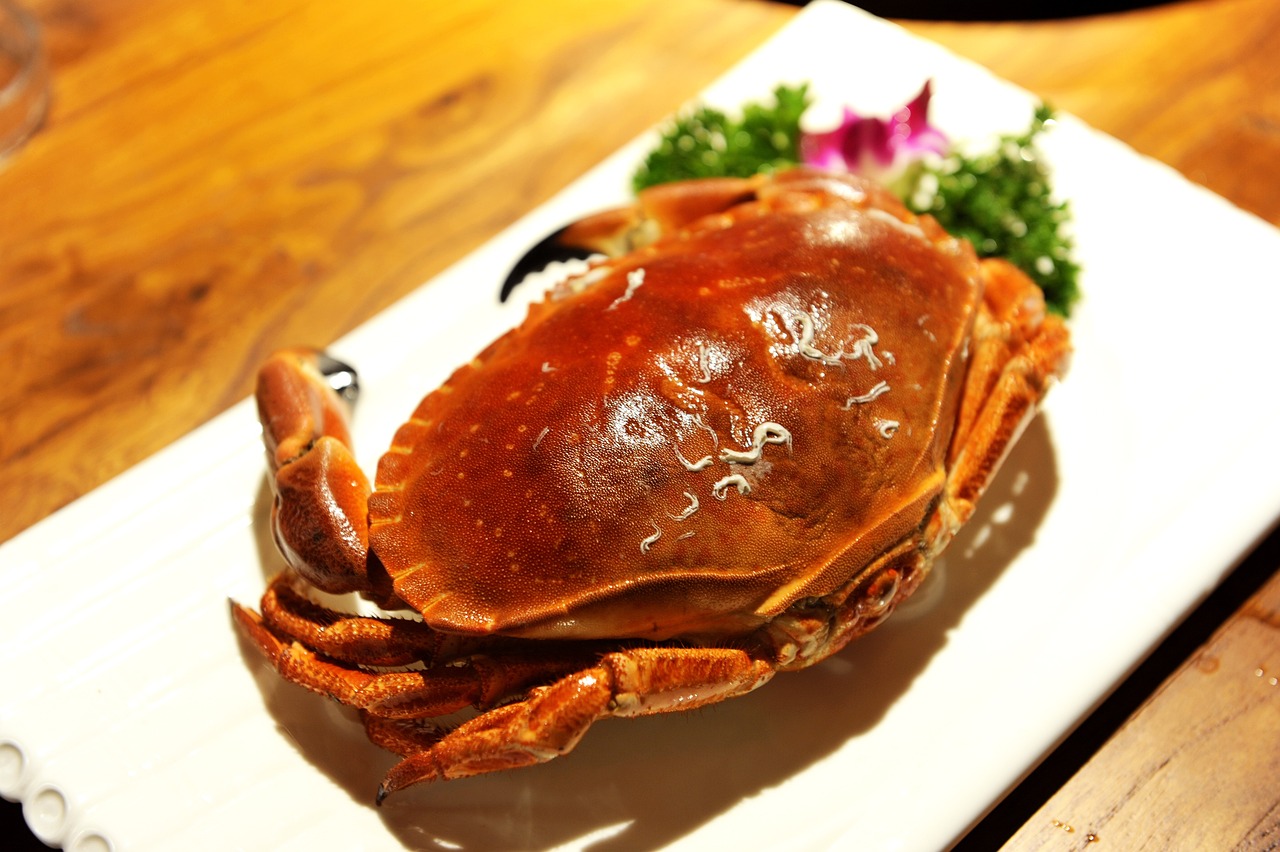
Seafood aficionados around the globe have long touted the delights of crab. From the sweet and tender meat to its versatility in an array of dishes, the craving for crab is both real and justified. But why do we find ourselves irresistibly drawn to this oceanic treat? Let’s delve into ten compelling reasons that fuel our passion for this crustaceous delicacy.
Why Am I Craving Crab?
1. Nutritional Value
Crab is not only delicious but also nutritious. Rich in proteins, vitamins, and essential minerals, it is a low-calorie source of lean protein. B vitamins, especially B12, are abundant in crab meat, aiding in red blood cell formation and improving brain function.
Additionally, crab contains Omega-3 fatty acids, which are vital for a healthy heart. They help reduce bad cholesterol levels, decrease inflammation, and even improve cognitive functions.
2. Unique Texture and Flavor
The soft, delicate texture of crab meat is truly unparalleled. When cooked properly, it boasts a buttery consistency that melts in your mouth. This texture pairs perfectly with the naturally sweet taste, setting crab apart from other seafood.
Moreover, the subtlety of crab’s flavor profile means it’s versatile and can be paired with a variety of seasonings, from spicy to savory, without losing its distinct essence.
3. Versatility in Cooking
Crab can be incorporated into an impressive array of dishes. From appetizers like crab cakes and salads to main courses such as crab curry or crab linguine, the possibilities are endless.
Furthermore, the various cooking methods – boiling, steaming, grilling, or baking – only add to its versatility. This means that regardless of your cooking style or preferences, there’s a crab dish for you.
4. Cultural and Culinary Significance
Across cultures, crab holds a significant place in culinary traditions. From the crab feasts of Maryland to the sumptuous chili crab of Singapore, it’s a staple in many regional cuisines.
This cultural significance only heightens the craving as we associate crab with festive occasions, family gatherings, or nostalgic memories from travels.
5. Aphrodisiac Qualities
Historically, seafood, including crab, has been believed to have aphrodisiac qualities. The combination of its rich, sweet flavor and the essential nutrients it contains can boost energy and enhance mood.
For many, sharing a crab feast can be a sensual experience, making it a perfect choice for romantic dinners and special occasions.
6. Seasonal Varieties
Different crab species peak at various times of the year, meaning there’s always a fresh type of crab to anticipate. From Dungeness and King crabs to Blue and Soft-shell crabs, each species offers a distinct flavor and texture.
This seasonality ensures that crab enthusiasts always have something to look forward to, keeping the craving alive year-round.
7. Therapeutic Experience
For many, the act of cracking open crab shells and extracting the meat is therapeutic. It’s a hands-on experience that requires patience, making it a mindful activity.
This immersive process allows diners to connect with their food, making the act of eating crab both a gastronomic and sensory pleasure.
8. Pairing with Beverages
Crab pairs wonderfully with a range of drinks. A glass of chilled white wine, a frosty beer, or a citrusy cocktail can elevate the crab-eating experience.
The delicate sweetness of crab complements the crispness of these beverages, ensuring a harmonious palate and making the craving even more irresistible.
9. Eco-Friendly Choice
When harvested sustainably, crab can be an eco-friendly seafood choice. Many fisheries now practice responsible harvesting techniques to ensure that crab populations remain healthy.
Opting for crab from sustainable sources not only satisfies our cravings but also makes us feel good about our environmental impact.
10. Prestige and Luxury
There’s no denying that crab is often associated with luxury. Its rich flavor and often premium price tag make it a prized choice for celebrations and special occasions.
Savoring crab can make any meal feel elevated, adding a touch of opulence. This association with luxury only amplifies our desire for this decadent treat.
Crab Craving Meaning
Crab Craving Meaning refers to a strong desire or urge to eat crab. Like other food cravings, the desire for crab can arise from various reasons, including nutritional needs, cultural influences, and individual preferences. The body sometimes signals a need for particular nutrients through cravings. For instance, crab is an excellent source of protein, omega-3 fatty acids, and essential minerals such as selenium, zinc, and copper. Therefore, a craving for crab might indicate a deficiency or a heightened need for these nutrients. On the other hand, some cravings stem from emotional and psychological triggers. Personal experiences, memories associated with eating crab, or even its mere appeal can spark an intense desire to consume it.
On a cultural level, crab plays a prominent role in the culinary traditions of many societies. Especially in coastal regions, crab dishes are celebrated and cherished. Social and festive occasions might incorporate crab as a central dish, further embedding its significance in one’s diet. Therefore, a craving for crab can also be influenced by one’s upbringing, cultural exposure, and environmental factors.
Craving Crab During Pregnancy
Craving Crab During Pregnancy is not an uncommon phenomenon. Pregnancy is known to trigger a range of food cravings, and seafood, including crab, is often on the list. Some believe that these cravings arise because the body seeks specific nutrients for the developing fetus. Crab, for instance, is rich in important nutrients like B vitamins, iron, and iodine, which can be beneficial during pregnancy. However, it’s important to note that while crab can be nutritious, it should be consumed in moderation and be properly cooked to avoid potential risks.
Pregnant women are advised to be cautious about their seafood intake due to concerns about mercury and other contaminants found in some fish and shellfish. While crab generally has lower mercury levels than many other types of seafood, it’s still essential to source it from reputable places and ensure it’s well-cooked. It’s always best for pregnant women to consult with a healthcare professional regarding their dietary choices and ensure they’re meeting both their nutritional needs and safety standards.
Craving Crab Legs
When people mention a Craving for Crab Legs, they’re usually referring to the succulent, meaty sections of larger crab varieties like the king crab or snow crab. These crab legs are prized for their sweet, delicate flavor and are often served steamed with melted butter. The craving for crab legs might stem from their unique taste and the rewarding experience of breaking the shell to get to the luscious meat inside.
Besides the taste, the act of eating crab legs can also be a sensory experience in itself. The ritual of cracking the shell, extracting the meat, and savoring it can be therapeutic and satisfying. Some people also associate crab legs with special occasions, fine dining, or memorable experiences, intensifying the craving. Whether it’s the taste, texture, or associated memories, crab legs hold a special allure for many.
Why Am I Craving Crab Sticks?
Why Am I Craving Crab Sticks? Crab sticks, also known as imitation crab or surimi, are a popular seafood product made primarily from fish paste and flavored to taste like crab. They’re frequently used in dishes like sushi rolls, seafood salads, and casseroles. One reason for craving crab sticks might be their unique taste and texture, which offers a seafood experience without the cost and preparation time of genuine crab meat.
Another reason could be familiarity and accessibility. Crab sticks are readily available in many supermarkets and restaurants, making them a convenient seafood option. For some, they’re a staple in certain dishes and are reminiscent of particular culinary experiences. Nutritional needs might also play a role. While they’re not as nutrient-rich as actual crab meat, crab sticks still provide protein and some essential nutrients. However, it’s essential to note that they can also contain additives, flavorings, and a higher sodium content, so it’s always good to consume them in moderation and be aware of their nutritional profile.
Conclusion
Crab is more than just a seafood delicacy; it’s a symphony of taste, tradition, and tantalizing experiences. From its nutritional benefits to its place in culinary cultures worldwide, there are countless reasons why our cravings for crab persist. So, the next time the desire strikes, remember that indulging in crab is not just a treat for your taste buds, but also a nod to centuries of culinary heritage and the simple joys of life.

